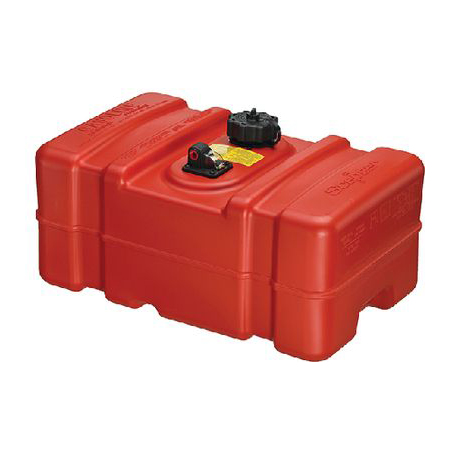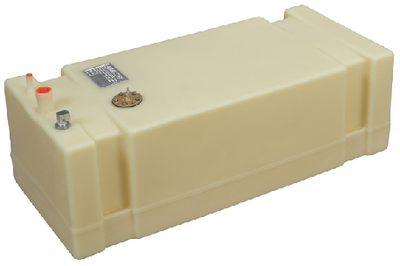Fuel Tanks
Fuel Tanks - Permanent & Topside, Marine Fuel Lines, Connectors, Filters & Gauges How-Tos
Safety Tips for Proper Fueling a Boat
Fueling a boat is an essential part of boating. However, it can be dangerous if not done properly. Here are some safety tips for proper fueling a boat:
- Turn off all engines and electrical equipment before fueling. This will prevent any accidental ignition. It is essential to remember that fuel vapors can ignite easily and cause a fire or explosion. As such, all engines, electrical equipment, and any other sources of ignition should be turned off before fueling a boat.
- Do not smoke or use any open flames near the fueling area. Fuel vapors can ignite easily, and smoking or using open flames near the fueling area can be dangerous. It is important to note that even a small spark could ignite fuel vapors, which could lead to a fire or explosion.
- Do not overfill the fuel tank. Leave some room for fuel expansion due to temperature changes. Overfilling the fuel tank can cause fuel to spill out, which can be dangerous. Additionally, it is essential to leave some room for fuel expansion due to temperature changes. This can help prevent fuel from expanding too much and causing the tank to rupture.
- Use only approved containers and funnels for fueling. Do not use makeshift containers or funnels. Using approved containers and funnels for fueling is essential to prevent fuel spills and ensure that fuel is properly stored. It is vital not to use makeshift containers or funnels, as they may not be designed for fuel storage and could leak or spill fuel.
- When fueling, keep the nozzle in contact with the fuel tank to prevent static electricity buildup. Static electricity can be dangerous when fueling a boat. As such, it is essential to keep the nozzle in contact with the fuel tank to prevent static electricity buildup. This can help prevent sparks that could ignite fuel vapors.
- Wipe up any spills immediately with absorbent material. Do not use water to clean up fuel spills. If a fuel spill occurs, it is vital to clean it up immediately with absorbent material. Water should not be used to clean up fuel spills, as it can spread the fuel and make the situation worse.
- Dispose of used fuel containers properly. Do not throw them into the water or on the ground. Used fuel containers should be disposed of properly. They should not be thrown into the water or on the ground, as they can cause pollution and harm marine life. Instead, they should be disposed of in accordance with local regulations.
- After fueling, run the blower for a few minutes to remove any fuel vapors from the boat. After fueling, it is essential to run the blower for a few minutes to remove any fuel vapors from the boat. This can help prevent fuel vapors from accumulating and potentially causing a fire or explosion.
By following these safety tips, you can ensure that fueling a boat is done safely and efficiently. Always remember to prioritize safety when handling fuel.



